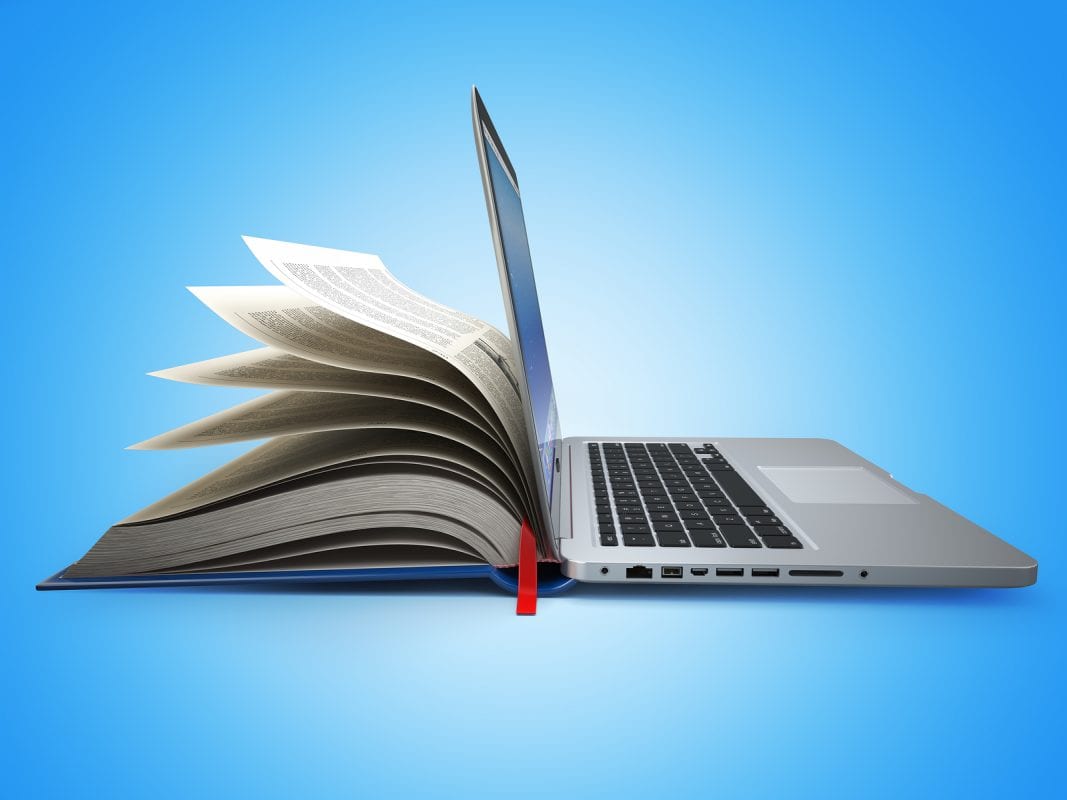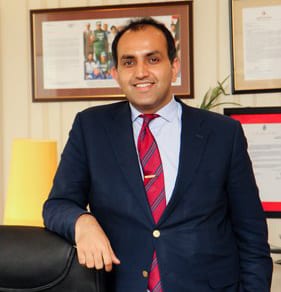
Digital Literacy
“In order to prepare students for 21st century life, we can build on educational goals that have long been part of our understandings of how people learn.”
Partnership for 21st Century Skills: The Intellectual and Policy Foundations of the 21st Century Skills Framework
THEME: TECHNOLOGY FOR CHANGE
CONNECTIVITY, CONTENT & CURRICULUM
WHAT WORKS AND WHY? IDEAS FOR SCALING PAKISTANI EDUCATION TODAY
Our Vision – About the 21st Century Education
We see and hear the phrase “21st century” almost everywhere. Perhaps the term has become so ubiquitous that it has lost much of its impact or meaning. However, the dramatic impact of the ongoing technological revolution that ushered in the 21st century is only growing. It is changing our world and our Country Pakistan, the context in which our students live and learn today, in more dramatic ways with each new development. Today Pakistani students live in an environment that is extremely fast-paced, constantly changing, increasingly culturally diverse, technologically driven, and media-saturated. We cannot continue to deliver a 20th century, scientific-management, factory-model education system. This changing paradigm of the 21st century requires that we redefine “education”, “school”, “curriculum”, “teacher” and the “learner”. It requires that we provide an education system designed to help our students truly succeed. So what is 21st century education? It is bold. It breaks the mold. It is flexible, creative, challenging, and complex. It addresses a rapidly changing world filled with fantastic new problems as well as exciting new possibilities. The new millennium was ushered in by a dramatic technological revolution.
About Pakistan – Need for technology as the only medium ‘for Change’ or ‘to change’
It is a universally accepted fact that education is considered as the most powerful instrument, to eradicate poverty and gear up socio-economic development and welfare of a society. It unlocks the door to awareness and help individuals make informed choices. It gives people access to knowledge for improving lives but also for shaping a more informed, flatter and a knowledge society. Education brings changes in the attitude and behavior of the people towards modernization and life style, raises the productivity, efficiency of individuals and produces skilled manpower that is capable of leading the economy towards the path of sustainable economic development which is an instrument for eradication of poverty as it also promotes Pakistan cause for the achievement of Millennium Development Goals by 2015; which Pakistan is a signatory.
Pakistan today; with an estimated population of nearly 170 million people, cultural and social divide, economic disparity promoting and urban and rural learning divide, limited resources and educational budgetary allocations, religious, social, cultural and economic barriers to entry, traditional class room and teaching practices promoting drop-out rates, resources limiting opportunities, native learner vs digital leaner, 672,940 secondary school teachers as default, 7,395,311 secondary school students not by choice, textbooks shrinking influence, technology exposure, media frenzy and thus a highly explosive educational quality is today promoting an imbalance between rural and urban schools, public and private schools, communities and classrooms, teachers and teacher educators, government and provisional governments, national and international curriculum, localization and globalization. We all need a plan for stimulating change through technological infrastructure provision thus providing for learning, teaching, content, curriculum in the presence of connectivity.
Pakistani Students – Challenges and Opportunities
Our students are facing many emerging issues such as global warming, famine, poverty, health issues, a global population explosion and other environmental, social, cultural and religious issues. These issues lead to a need for students to be able to communicate, function and create change personally, socially, economically and politically on local, national and global levels. Today’s students are digital learners – they literally take in the world via the filter of computing devices: they Google, track face books, access emails through cellular phones, develop imagination through handheld gaming devices, exchange notes on hand held PDAs, and use laptops as their virtual online library which they take everywhere, plus the computers, TVs, and game consoles at home have introduced the concept of ‘One World – One School’.
Good teaching matters
We’ve known for years the importance of recruiting, hiring, mentoring, and developing teachers with good content knowledge and teaching skills. But lately that process has taken on a special urgency. Children locked into classroom discussion are no different than adults locked into boring, irrelevant meetings. Because we do not want our children to be motivated solely by a desire to please the teacher, what we need to address is how to make the content of the curriculum, activities and school culture fit into the concerns of the child.
WINNING THE GAME – Effective Teamwork Equals Successful School Improvement
Successful school improvement is an inclusive process that involves representatives from all stakeholders. These include students, parents or families, administrators and staff, and the school community at large. However, one particular group of professionals plays an invaluable role. This is the teachers, who lay the groundwork for a successful school improvement plan through effective teamwork. A winning team in the school improvement process consists of dedicated and innovative classroom teachers who want to see change and improvement. Effective collaboration and teamwork among teachers will result in appropriate changes and improved student learning. It is the teachers who either make – or break – a school improvement process. For teachers, the most readily available source of effective professional development is each other. Collaboration through effective teamwork results in increased opportunities for teachers to improve their teaching skills and knowledge. Collaboration will occur when members listen and reflect, re-visit past successes and failures, and come together with the same questions and goal in mind. It is similar to teamwork in any sport that involves two or more players. The goal is to score points and win the game. Every teacher has a role in the sport of school improvement, but it is effective teamwork that bonds and pulls the players together and instills a cohesive and collaborative team spirit. A winning team equals a winning school improvement plan.
Vision at Roots School System ICT Department – Way forward!
Roots Millennium Schools Department of Information Communication Technology is committed to ensure that our students are provided excellent education that encourages integrated virtual teaching and learning thus promoting ICT as a common denominator to bridge digital divide. There is a strong emphasis on developing global & technology awareness through Curriculum. Building of lifelong skills is a part of the Roots experience. Roots remain keenly aware of its responsibility to prepare its students to become digital citizens and future technology leaders.
Cooperation among education sector is the key to harmonization of innovative teaching approaches and eventually to achieving optimal education standards. Forging international collaborations is one of the cornerstones of the RSS 21st century learning and teaching approach. Keeping in mind the changing paradigm of education today, RSS in a first of its kind initiative has customized a unique ICT curriculum in collaboration with Intel Education Pakistan. A project office was set up at the Roots Head Office under the authority of Department of Quality, Curriculum and Assessments DQCA for curriculum design, development, enrichment, bench marking and relevance setting which lasted for 1 year with 6 ICT subject specialists and curriculum research officers. The introduction of this curriculum represents a significant step in our efforts to make our schools and students achieve optimum technology literacy thus converting them into digital citizens.
Our world in Roots is in constant motion, giving birth to creativity and innovation and thus invoking our students. This curriculum will promote critical thinking, technology literacy and collaboration in amongst students and thus nurture their inherent potential. I believe Information Communication technology promoting curriculum, content and connectivity shall help scale Pakistan adapt to the changing needs of the 21st century and shall help achieve the cause of digital literacy and education for all as per our national commitment to Millennium Development Goals MDG 2015.



